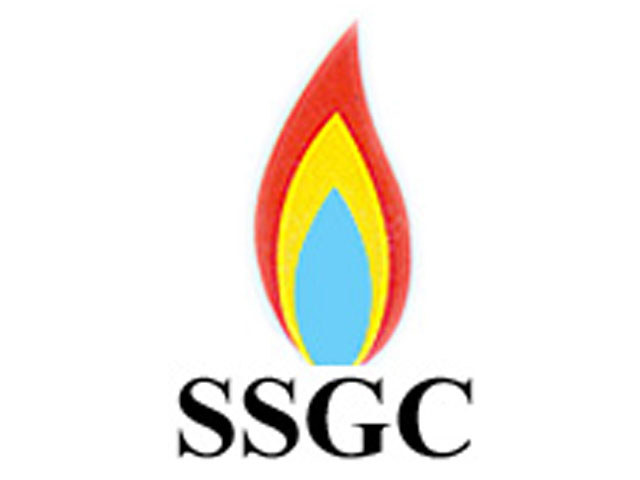
The management of Sui Southern Gas Company (SSGC) has warned that the public gas utility will sink financially if gas prices are not increased at an appropriate time.
At a public hearing held by the Oil and Gas Regulatory Authority (Ogra) on Monday, SSGC sought a price increase of Rs274.40 per million British thermal units (mmBtu) effective from July 1, 2024 to meet its revenue requirement of Rs359 billion.
The company asked for Rs25 billion on account of return on assets. SSGC managing director said that it was a difficult situation for the company as it was paying for gas purchase in dollars and selling it to consumers in rupees.
Owing to that situation, the company’s huge receivables amounting to Rs300 billion had got stuck over the past two years.
Payables of the company stood at more than Rs300 billion, SSGC officials said, adding that the outstanding dues were also impacting hydrocarbon search activities of oil and gas exploration companies.
Chief financial officer of SSGC pointed out that delay in notifying gas prices was also causing cash flow trouble for the company.
He added that the government had notified gas prices in November last year whereas “it is bound to notify tariffs in January and July”. He also asked the government to include the revenue shortfall in Balochistan while revising gas prices.
A representative of Pakistan LNG Limited (PLL) said that gas reserves had plunged by 23% in the past four years, which forced Pakistan to start relying on liquefied natural gas (LNG) imports.
While the regulator had been able to partially apply the weighted average cost of gas, he called on the authority to completely implement the formula, which would largely help to recover the cost of imported gas. It would also “ensure better cash flow for the companies”.
Read: SSGC eyes substitution plan amid depleting reserves
He argued that the full impact of losses should be passed on to consumers in the case of both locally produced gas and the imported LNG.
Another industry representative opposed the proposed hike in gas prices, saying it had become very difficult for the industry to survive in the face of sharply higher gas tariffs.
In a written response, the All Pakistan Textile Mills Association (Aptma) Southern Region advocated the need for market deregulation and shifting from the guaranteed rates of return model to competitive pricing in the gas market.
It emphasised that liberalisation of the gas market would foster competition and innovation, allow new players to enter the arena and promote efficiency.
Textile millers underscored the necessity of linking asset expansion and investment decisions to economic viability and market dynamics.
Gas prices have been hiked to Rs2,750 per mmBtu, an increase of 223% since January 2023. Similarly, grid electricity tariffs stand at approximately 17.5 cents per kilowatt-hour (kWh) and are still increasing with no end in sight.
As such, there is no financially viable source of energy for firms to manufacture goods and be able to compete effectively in international markets.
“Tariffs are the highest in the region,” the textile millers said in their response, adding that high energy costs posed a threat to national security by hindering industrial growth, denting competitiveness and increasing imports and dependence on debt.
There was a 12% decline in SGGC’s system intake, but the heavily cross-subsidised residential consumer demand was increasing. The millers called for revising the protected consumer policy to ensure that it was targeted and sustainable, shielded gas utility’s revenue and eliminated price distortion.
They emphasised that natural gas pricing was not based on economic principles that led to distortions, inflated demand, inefficient use and circular debt.
SSGC confronts an unaccounted-for-gas (UFG), a term used for gas theft and leakages, rate of 12% in natural gas supplies and 14.36% in re-gasified LNG, which are significantly higher than global benchmarks and indicative of systemic technical challenges, governance, political, cultural and socioeconomic issues.
Published in The Express Tribune, March 19th, 2024.
Like Business on Facebook, follow @TribuneBiz on Twitter to stay informed and join in the conversation.

1721883960-0/BeFunky-collage]-(20)1721883960-0-270x192.webp)

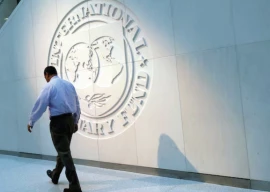

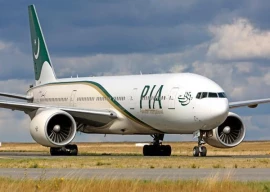
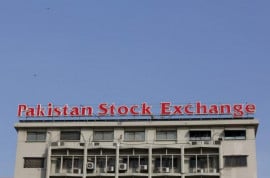

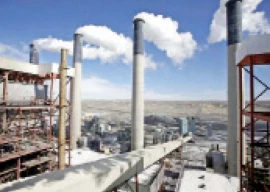
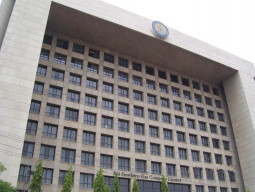












COMMENTS
Comments are moderated and generally will be posted if they are on-topic and not abusive.
For more information, please see our Comments FAQ